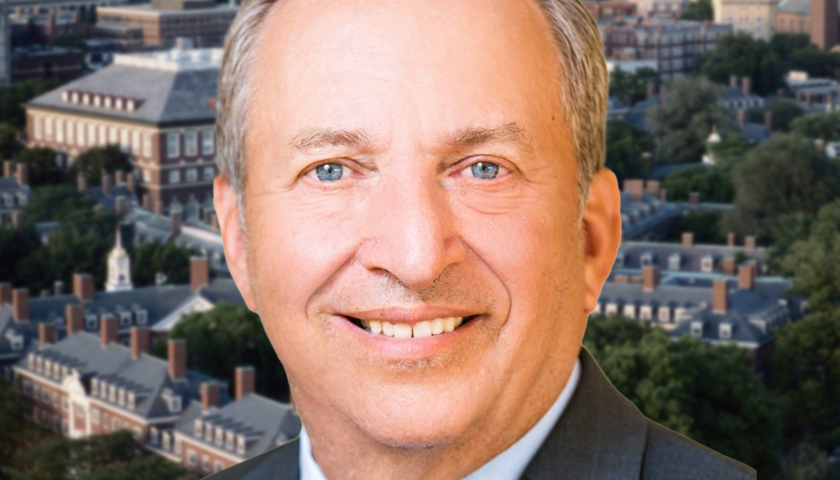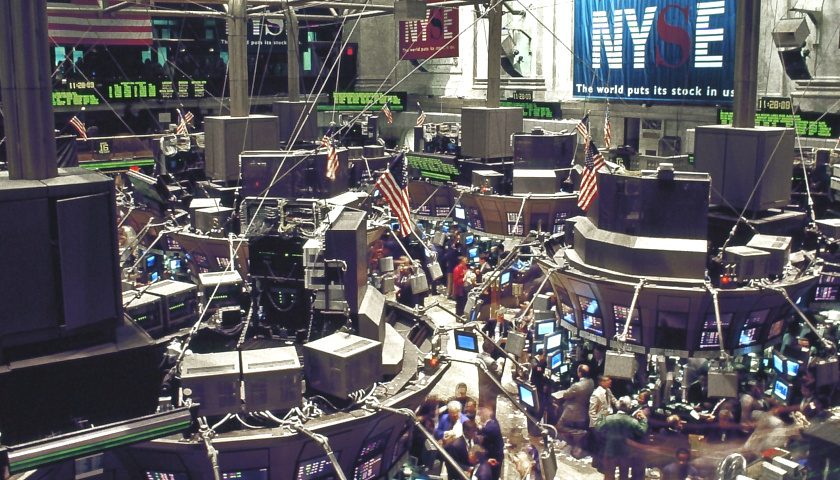by Thomas Catenacci
Top American economist Larry Summers is sounding the alarm on rising U.S. inflation, saying that it is ticking up quicker than he originally expected.
Inflation is increasingly a more concerning and larger threat as consumer prices continue to rise, former National Economic Council Director and Treasury Secretary Larry Summers told Axios on Monday. He also criticized the Federal Reserve’s policies, suggesting that its decision to keep interest rates low could harm the economy.
“Data are pointing more towards higher inflation than I expected, and sooner,” Summers told Axios. “With more inflation signs sooner than I would have expected.”
 In February, Summers warned that increased government spending would spark “inflationary pressures” not seen in a generation, according to a Washington Post editorial. Summers warned of inflation again earlier this month, saying that the U.S. labor shortage would further worsen inflation in an interview with Bloomberg.
In February, Summers warned that increased government spending would spark “inflationary pressures” not seen in a generation, according to a Washington Post editorial. Summers warned of inflation again earlier this month, saying that the U.S. labor shortage would further worsen inflation in an interview with Bloomberg.
“One should be more concerned about inflation than one was several months ago,” Summers told Axios.
“There are many reasons for thinking that demand will increase substantially and lead to more inflation,” he continued.
The consumer price index increased 4.2% between May 2020 and April, the fastest inflation uptick since 2008, according to a Department of Labor report released last week. Economists had expected the increase to come in at 3.6%.
Several commodities like gasoline, steel and copper have increased in price over the last few months. Lumber surged to a record price at the beginning of May, driving home costs higher.
Top Federal Reserve officials have maintained that inflation isn’t a concern. Inflation will increase this year, but will then return to normal levels shortly thereafter, Boston Federal Reserve President Eric Rosengren said in a speech on May 5.
The Fed has chosen to keep interest rates very low even as the economy has shown signs of recovery, CNBC reported. Fed Chairman Jerome Powell previously said he doesn’t expect rates to increase at any point this year.
Lower interest rates generally encourage consumers to take out more loans and make more investments, which can drive inflation up, according to the Harvard Kennedy School’s Shorenstein Center. In the past, the Fed has increased rates to combat inflation.
“The traditional role of the Fed is to remove the punch bowl before the party gets good, right?” Summers told Axios.
“They have announced that their new policy is to remove the punch bowl only after they have clearly seen a number of people staggering around drunk,” he added.
– – –
Thomas Catenacci is a reporter at Daily Caller News Foundation.
Photo “Harvard University” by Lawrence H. Summers and “Lawrence H. Summers” by Lawrence H. Summers.






no kidding. anyone not blind could have seen this coming. printing and borrowing like drunken sailors, anti business gov’t in charge, etc etc
Couldn’t agree more.
You didn’t need to be prescient to see this coming.
High inflation makes everyone jittery, which usually manifests in lower stock prices.